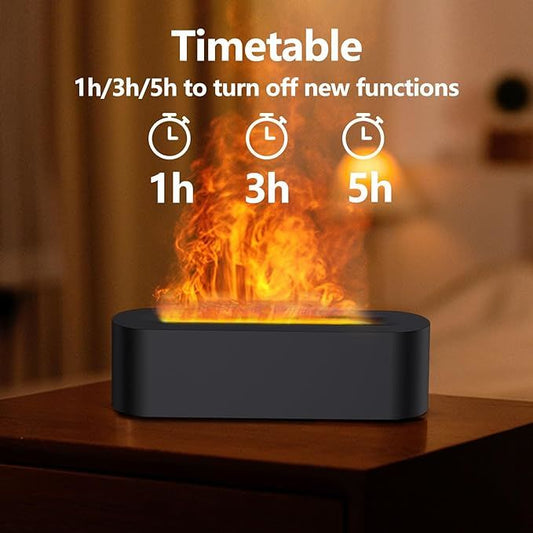In a world where our smartphones are practically an extension of ourselves, achieving a good night's sleep has become a delicate dance between our digital lives and the pursuit of tranquillity. Sleep hygiene, the practice of cultivating habits that promote restful sleep, is more critical than ever in the age of smartphones. Here, we explore practical tips to navigate the digital landscape and ensure a rejuvenating night's rest.
Set Digital Boundaries:
The glow of screens, particularly the blue light emitted by smartphones, can wreak havoc on our circadian rhythm. Establishing digital boundaries involves setting limits on screen time, especially in the hour or two before bedtime. Consider creating a digital curfew, turning off electronic devices or enabling features like Night Shift mode that reduces blue light emission. The goal is to create a buffer zone that allows the brain to wind down naturally.
Create a Bedtime Routine:
A consistent bedtime routine signals to the body that it's time to transition into sleep mode. In the digital age, this routine should include activities that counteract the stimulating effects of screen time. Engage in relaxing activities such as reading a physical book, practicing gentle yoga, or listening to calming music. Establishing a routine helps condition the mind and body for a peaceful night's sleep.
Design a Tech-Free Sleep Sanctuary
Reserve the bedroom for sleep and intimacy. Remove electronic devices, including smartphones, from the sleep environment. Invest in blackout curtains to block out external light and consider using a white noise machine or earplugs to minimize disturbances. Designing a tech-free sleep sanctuary fosters an environment conducive to rest and relaxation.
Mindful Consumption of Digital Content
Be mindful of the content you consume before bedtime. Avoid engaging with stimulating or emotionally charged material, whether it's on social media, news platforms, or other digital channels. Instead, opt for content that promotes calmness and positivity. Mindful consumption contributes to a serene mental state as you transition into sleep.
Physical Activity and Sunlight Exposure
Regular physical activity and exposure to natural sunlight play key roles in regulating the circadian rhythm. Aim for at least 30 minutes of moderate exercise most days of the week, but be mindful of the timing—intense workouts close to bedtime may have an energizing effect. Additionally, soak in natural sunlight during the day, as it helps reinforce your body's internal clock.
Establish Consistent Sleep and Wake Times
Our bodies thrive on consistency, and the sleep-wake cycle is no exception. Aim to go to bed and wake up at the same time every day, even on weekends. Consistency reinforces the body's internal clock, making it easier to fall asleep and wake up naturally.
Limit Stimulants and Heavy Meals Before Bed
Caffeine and heavy meals close to bedtime can disrupt sleep. Limit the intake of stimulants, such as caffeine and nicotine, in the hours leading up to sleep. Opt for a light, balanced snack if you find yourself hungry before bedtime.
In the smartphone era, achieving optimal sleep hygiene requires a conscious effort to balance our digital lives with the essential need for rest. By setting digital boundaries, creating a bedtime routine, and incorporating these practical tips into our daily lives, we can reclaim the tranquillity of the night and foster a culture that values the sanctity of sleep. In doing so, we pave the way for not only restful nights but also improved overall health and well-being.




